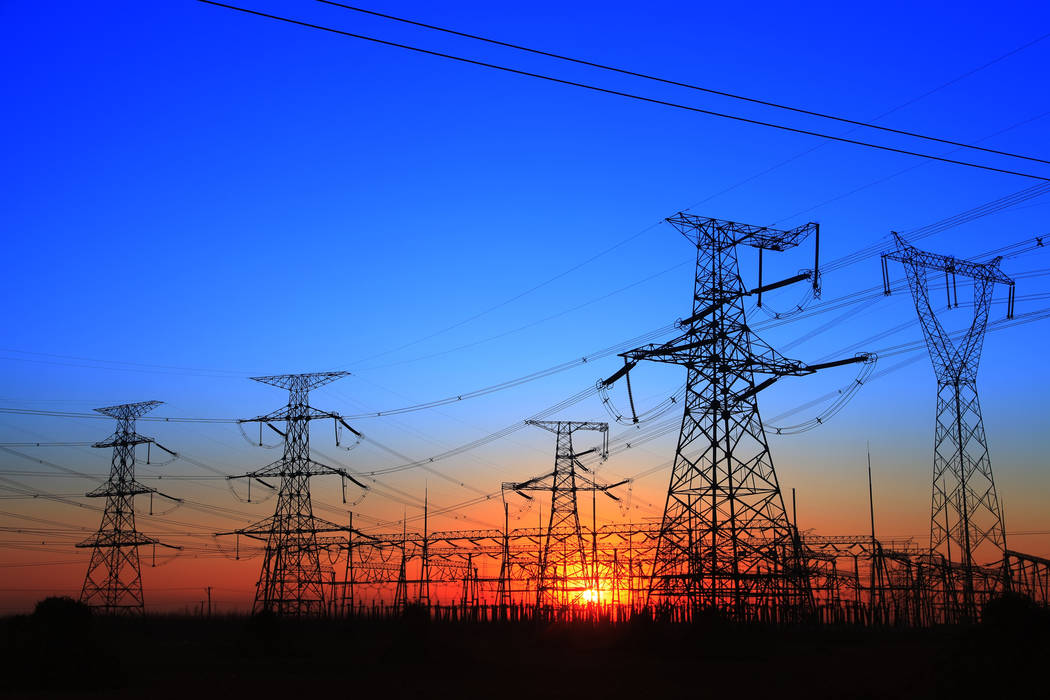
The amazing system of energy production that we human beings have been living with for the last 400 years is drawing to a close.
The world is now in the process of adopting new major sources of energy, shifting from fossil fuels (coal, oil, and gas) to renewables (solar, wind, and water)— and to nuclear power.
A lot is riding on the world successfully making this transition. It will transform society worldwide. If we human beings can pull it off, we will enter a new and healthier era of prosperity. If we can’t, then we’re all in trouble.
In what follows, I will note several items related to making this historic shift in energy use. Energy use and its sources, of course, are key to understanding every human society, not to mention all plant and animal species.
Science
First and foremost, science is the key to preparing for our energy future. Science must serve as the guide for evaluating conditions and setting targets; all important decisions related to energy production and use must be transparent and justifiable in terms of robust use of science.
Too many important decisions regarding society and how it functions are now being made that ignore the science related to a proposed action. A good example here is the state of Nevada’s long-term opposition to Yucca Mountain.
The science behind the much-needed repository is very strong, with the opposition largely rooted in politics and ignorance.
The future and the electric grid
The problem with sun and wind is that they are intermittent; they are not always there when you need them. The sun may not be shining or the wind blowing and the water behind the dam may be low, sometimes resulting in insufficient power on the grid.
In 2015, researchers at Stanford University and the University of California at Berkeley published an article in the Proceedings of the National Academy of Sciences indicating the problem could be solved through the use of renewables only.
In 2017, 21 researchers from leading research institutions, including the University of Colorado, reported in the same journal that careful analysis of the earlier research indicated “significant shortcomings in the analysis,” suggesting policymakers be cautious in thinking an electric grid based only on wind, solar, and hydroelectric power would be reliable.
They suggest a totally renewable-based system needs to be linked with a 24/7 carbon-free energy-producing source. Nuclear power, of course, is the obvious choice. Fission technology for now; eventually, fusion. Keep in mind that that human population is expected to grow by a couple of billion over the next 35 years.
Human health
Prodigious burning of fossil fuels is dangerous to human health. It is estimated that air pollution caused by burning fossil fuels and biomass results in 2.1 million deaths annually worldwide. The National Academy of Sciences reported in 2009 that the US spends $120 billion per year in health costs due to breathing polluted air from burning fossil fuels.
In 2013, an article in the journal Environmental Science and Technology estimated that world nuclear power production between 1971 and 2009 prevented 1.84 million human deaths, an average of 76,000 deaths per year from 2000 to 2009. Prevention of those deaths, of course, is due to nuclear power replacing fossil fuels.
Climate change
Nobel Prize-winning economist Paul Krugman writes, “Climate change is the mother of all pollution issues.” The vast majority of climate scientists agree that human beings are altering the earth’s climate through prodigious burning of fossil fuels. Carbon from this burning goes into the atmosphere, causing the planet to retain more heat from the sun. As a result, extreme weather events become more common.
A New York Times columnist, Nicholas Kristof, asked recently (9/3/17) when writing about the tragedy in Houston, “Why can’t we all respect scientists’ predictions about our cooking our only planet?”
Without serious cutbacks in burning fossil fuels, human life on our planet will become significantly altered for the worse. Nuclear power, including Yucca Mountain, has an important role to play in humanity’s energy future.
Nuclear power research and development
I have long believed that if Nevada’s leaders had allowed Yucca Mountain to move forward in a reasonable way on a scientific basis, an operational high-level nuclear waste repository would be a reality and would have helped seed into Nevada’s economy any number of important nuclear energy-based research and development projects, much to the benefit of the planet and the state’s economy.
I still think these outcomes are highly probable if Yucca Mountain gets back on track. Nuclear energy research and development, as well as production, can play a major role in central Nevada’s economic future, not to mention humanity’s.
It never ceases to astonish me how so many of Nevada’s leaders have turned a negative eye toward Yucca Mountain when the state performs so poorly compared to other states in important areas.
Two recent examples were noted this summer in the press: Nevada ranks 49th among the 50 states in education and is the third-hardest state in which to find full-time work.
Within the 16 factors listed in four categories — education, health, economic well-being, and family and community—Nevada ranks 47th, yet no Yucca Mountain and the energy development it might bring.
When it comes to the future, state leaders need to ground their thinking more in the findings of science and less in what works for them politically, quite apart from what science says. Science is the great human achievement and the road to the future.
Bob McCracken has a doctorate in cultural anthropology and is the author of numerous books in the Nye County Town History Project.